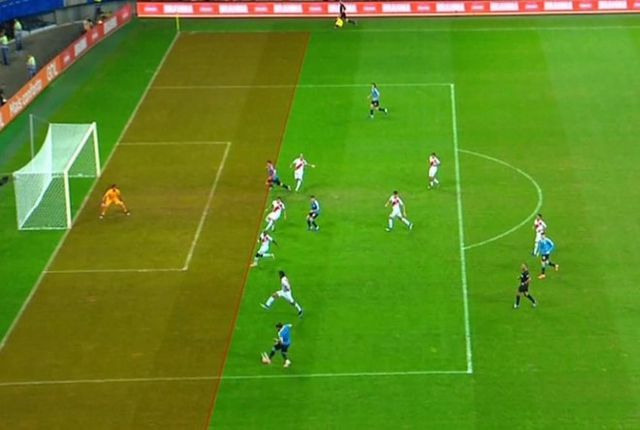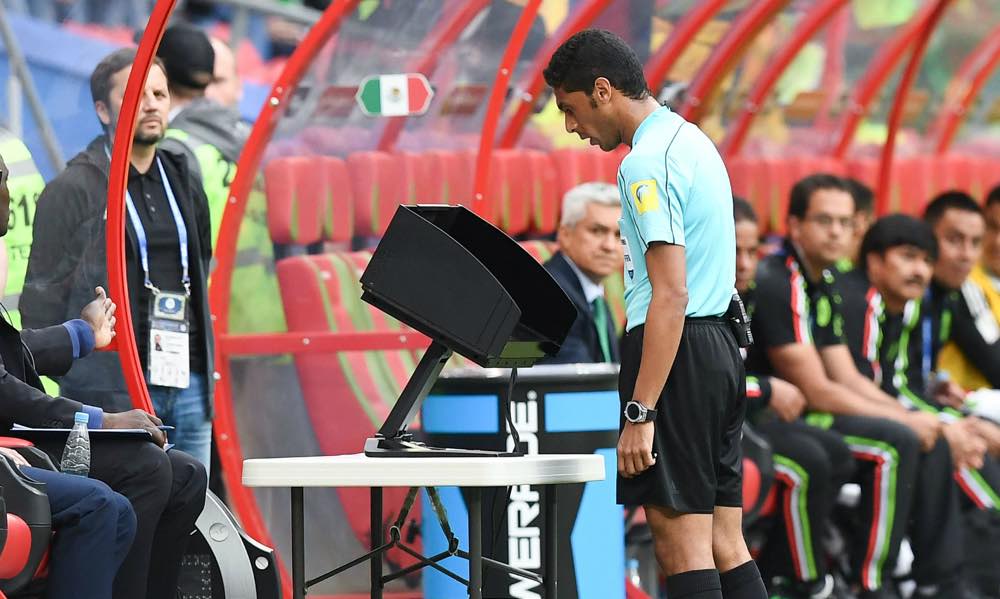Fútbol Decisions
Over the past week I’ve seen two penalty shootouts in the quarter-finals of the 2019 Copa América.
The first was Chile v. Columbia. Columbia was, in many opinions, the superior team. They dominated the game in possession and chances against the goal. They passed the ball to one another with greater success, and put-together combination plays against the defense of Chile that penetrated right to the goal keeper.

The second was Uruguay v. Peru. Uruguay similarly dominated the match. They in fact scored three goals, each of which was taken away by the new video assistant referees using technology that enables splitting hairs over whether a player is off side.
Both matches went to a tie at no goals scored. Because it is the quarter finals, single elimination, not group elimination, the matches had to be decided. The rules of this contest have the matches decided immediately by a penalty shootout. There are no additional periods of play.
The winners of the penalty shootouts were Chile and Peru.
You see where this is going. The penalty shootout feels like an unjust way to decide a good fútbol match. What could be better? What are some alternatives?
One would be to keep playing the game. The game could by played for two additional, shorter periods. With no result after that, it could be played sudden death, as long as it takes for one team to wear-out the other and get a goal.
Another would be to have a decision, as in boxing. They go the full nine rounds without a knockout. The judges decide. I don’t know who decides. Maybe the referees. All you have to do is give them police protection for at least three weeks after the decision.
Another would be to use some objective formula based on properties of the match– time of possession, number of successful passes, number of shots on goal, number of goals scored and taken away.
In the end, the penalty shootout puts the result on the field, in view of the fans. Play to the death would encourage strange energy management strategies. The team that played hard might lose due to exhaustion. A decision, well. Who decides? How do you keep them neutral and objective? How do you protect them?
As for formulas, formulas are nice but also dry. Who wants to decide a fútbol match by a formula? How can you distill the art of play into a formula?

Which brings me back around to review technology. We all sit around for one or two minutes watching the on-field referee listening to his ear piece and fending off players. Eventually the broadcast and/or stadium monitor gets around to showing what the reviewers might be seeing. And then the game starts again with a goal or a goal erased. The players and fans can celebrate a goal. But now it’s just a provisional celebration because we’re going to sit around a couple of minutes for the video assistant referees.
It’s boring. Inhuman. My feeling? If the referees didn’t see it, the players got away with it. If the referees called it and were wrong, tough luck. It’s part of the game. Keep it human. Keep it personal. Keep it on the field, not in a review booth.
Yes, I’ve seen my favorites favored by a review. And in this case ruined by reviews. It goes both ways. And either way it’s kind of dull and disappointing. Enough. Play ball.
Note: The images are both reproduced without permission. One from a Vietnameze review of the match, the other from this 2018 Sports Journal editorial about Video Assistant Referee (VAR). Here’s a nice review in English of the Uruguay v. Peru match. Here’s another editorial, also from Goal.com, about VAR at the 2019 Women’s World Cup.